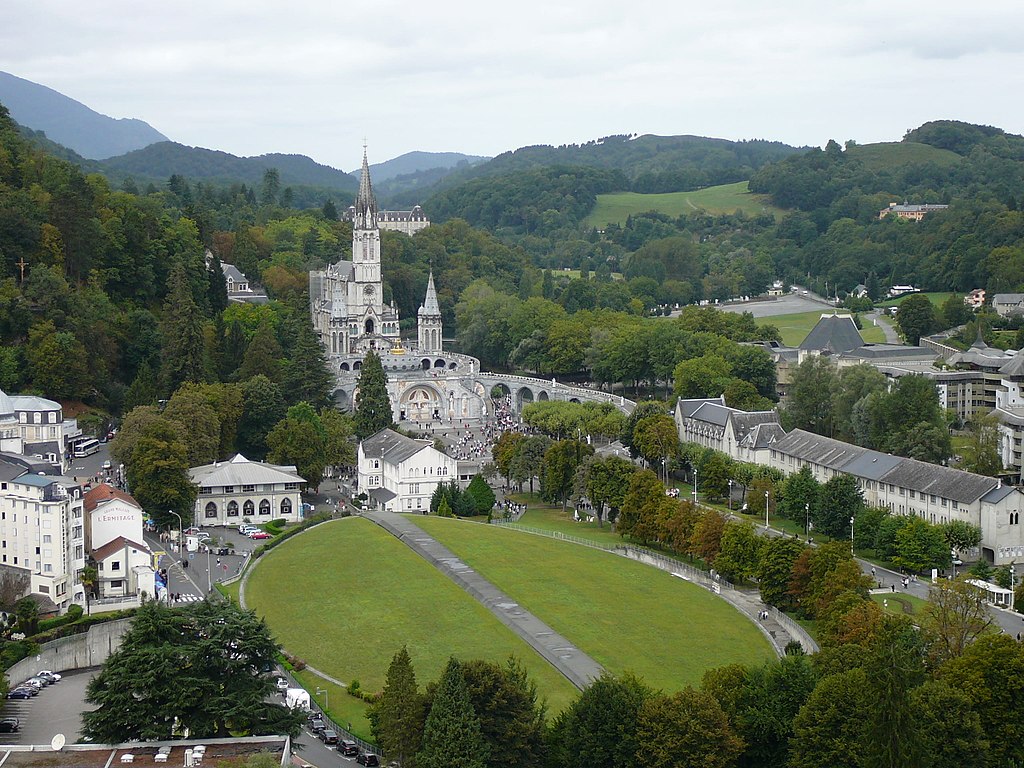
Interview with Fr. Zollner on French bishops’ approach to abuse
As the headline for this interview with journalist Anna Kurian of I.MEDIA indicates, Fr. Hans Zollner, Director of the Safeguarding Institute (IADC), expresses a positive assessment of how the bishops of France are confronting the issue of abuse in their country.
Father Zollner analyses positively the approach of the French bishops in the fight against abuse
Father Hans Zollner, a pillar in Rome in the fight against sexual abuse, says he is “impressed” by the work and decisions of the French bishops after the publication of the CIASE Report on abuse in the Church. In an interview with I.MEDIA, he praises their willingness to take into account the voice of the victims.
The Director of the Institute of Anthropology (IADC) of the Pontifical Gregorian University, and member of the Pontifical Commission for the Protection of Minors, also talks about the future visit of papal envoys, as requested by the French bishops.
What do you think about the announcements of the French bishops, at the conclusion of their autumn assembly, regarding the fight against abuse?
I was impressed by the scope and complexity of the measures they want to take. Many aspects of this fight against abuse, and against negligence in dealing with it, are taken into account. What strikes me positively is that the French bishops have a spiritual and human approach that truly considers the voice of the victims. And they work in a complementary way between episcopal leadership and lay expertise. This seems to me to be an excellent instrument for building a co-responsible Church, whose authority is shared among the various components of the People of God.
Do you work in close collaboration with the bishops of France?
I saw a group of French bishops at the end of September, when they came to Rome for their ad limina visit. In that conversation, I had the impression they were very aware of what was going to come out of the CIASE Report, and were ready to draw their conclusions. From my external perspective, and since they first invited me to their assembly three and a half years ago, I have noticed that the choices of the French Bishops’ Conference are well rooted in spirituality.
The French bishops have asked the Pope to send a trusted person or persons to examine the handling of abuse. How will this happen?
I don’t know. It will not be possible for one person, or even three or five people, to do this work if it is a comprehensive investigation. One can imagine what might be feasible: that an outside group take note of what has been done, what has been analysed, and what should be done. But everything is already there, in the measures that the French Episcopal Conference has proposed. It is good to have someone from outside who can verify that the resolutions have been put into action, and in what way.
Could the Vatican “task force” be involved?
No. The task force only deals with supporting the world’s Bishops’ Conferences that have not updated their guidelines for the protection of minors. The French have done their job.
Is the fight against abuse progressing more broadly in the Church?
The work done in France, and in other places in the world, shows that there is progress. Many more people are talking about it, many more people have become aware of the problem. There is more willingness to face this crisis. Paradoxically, it may seem like nothing is changing, while terrifying, truly horrific figures are revealed by reports like that of CIASE. Today, however, we are facing a reality that refers mainly to past decades. This does not mean that abuses no longer exist, unfortunately it is a phenomenon that continues. We are shocked by these reports that are coming out — and there will be more in the future. But it is precisely because we know more, that the situation is changing. Who was interested in this problem in France ten years ago?
Can the choices of the French bishops serve as an example?
There are different models. In Austria, in particular, an independent commission was set up in 2010 at the request of the Bishops’ Conference, like in France. But they didn’t do the same kind of scientific work as the CIASE Report. In Germany, the bishops asked a group of independent scientists to do a survey, with a different methodology. The focus is always a bit different, it depends on many factors. In any case, it is very important to use an independent group, to have more objectivity and credibility in the results.
(Used with the permission of I.MEDIA)
The original French version of the interview can be found here.
Further information on the abuse crisis in the Church in France, and on the French bishops’ response, can be found here, here, and here.
Photo credit: Llorenzi, CC BY-SA 3.0, via Wikimedia Commons

